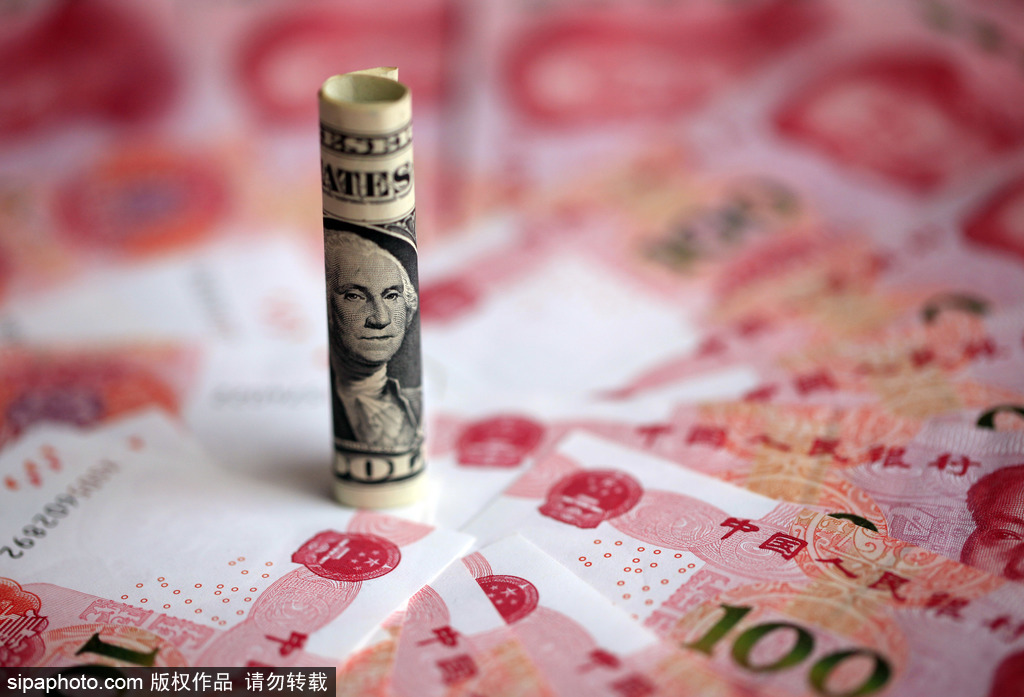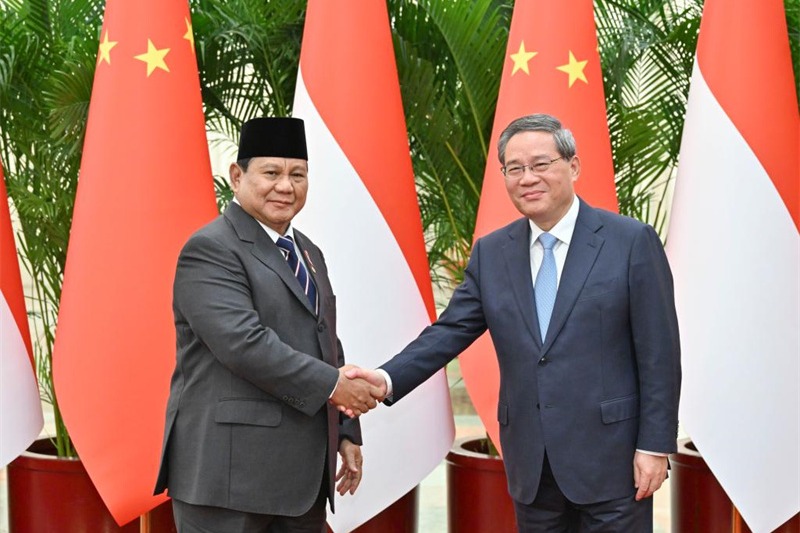Two-way fund flows set to be encouraged


Individuals may be permitted to invest in foreign shares, insurance products
China is likely to achieve a breakthrough this year that would permit personal investment in securities and insurance products overseas, an indication that policymakers are willing to see more active two-way capital flows, experts said on Monday.
The experts also hinted at the possibility of further removing limits on personal cross-border investment, with a senior official from the foreign exchange regulator suggesting the revision of some relevant rules in an article published in China Forex, a magazine, on Friday.
Ye Haisheng, director of the Capital Account Management Department at the State Administration of Foreign Exchange, said regulators are considering allowing individuals to invest in overseas securities and insurance products within the annual quota of $50,000.
The SAFE will also study to ease restrictions in an orderly way on outboard personal investment, amend the management regulations for individuals to participate in equity incentive plans of overseas listed companies, and optimize the management procedure, Ye wrote in the article.
The easier rules will encourage more capital outflows, which in turn will lead to a more flexible renminbi exchange rate, the experts said.
Li Zongguang, chief economist of China Renaissance, an investment bank, said the new regulations, when implemented, will increase Chinese mainland investors' purchase in shares of listed companies in Hong Kong and the United States.
Due to the country's improved balance of payments indicators by the end of last year, especially for the trade of goods and services, conditions are improving steadily for freeing up cross-border capital flows and this will boost the global usage of the renminbi, said Li Chao, chief economist of Zheshang Securities.
According to the monthly RMB tracker from the Society for Worldwide Interbank Financial Telecommunication, a global provider of financial messaging services, the renminbi's share in global payments accounted for 2.42 percent in January, up from 1.88 percent in December and 2.15 percent in the same period in 2019, the highest level in five years.
The Chinese currency also retained its ranking as the fifth most attractive currency for global payments in value terms in January. The total value of RMB payments increased by 21.34 percent on a monthly basis last month, according to SWIFT data.
Wang Chunying, a SAFE spokeswoman, said on Saturday that China maintained net inflows of FDI in January, and foreign investors increased their net holdings of onshore bonds and stocks by $41.6 billion, while domestic investors increased overseas investments mostly through southbound trading in the Shanghai-and Shenzhen-Hong Kong Stock Connect programs.
Buoyed by the sustained and stable recovery of China's economy and the further opening up of the financial market, two-way cross-border capital flows have become more active recently and this will help in the further development and stability of the foreign exchange market, said Wang.
China registered another current account surplus last year, as exports of goods and services exceeded imports. The surplus widened by 112 percent on a yearly basis to $298.9 billion, the highest level in five years. It also accounted for 2 percent of the GDP, compared with 1 percent in 2019, according to SAFE data issued on Friday.
The wider current account surplus was also a result of the better-than-expected 4 percent year-on-year growth in exports, China's early work recovery and significant increase in export prices. It was also aided by the narrow deficit in services trade, largely due to the 47 percent slump in outbound tourism spending, according to official data.
Experts from the International Monetary Fund said China's surplus has been trending down from the peak of 10 percent of GDP in 2007.This reflects strong investment growth, the appreciation of real effective exchange rate of the renminbi, weak external demand and progress in rebalancing.
Experts said that over the medium term, a further opening of the capital account will create substantially larger two-way capital flows, which would mean strengthening domestic financial stability.
The possible pilot programs to expand outbound personal investment may, however, be limited to some developed cities such as Shanghai, Shenzhen in Guangdong province, and Tianjin. The qualified investors for these pilot programs may also be limited to people with higher incomes and risk tolerance, said Li from Zheshang Securities.
In the near term, a possible expansion of outboard personal investment will not threaten the stability of the A-share market, as policy details are still being worked out without a specific launch timetable. The renminbi-denominated assets, including stocks and bonds, will remain attractive and the authorities are making efforts to encourage more inward foreign direct investment, said Li.




































